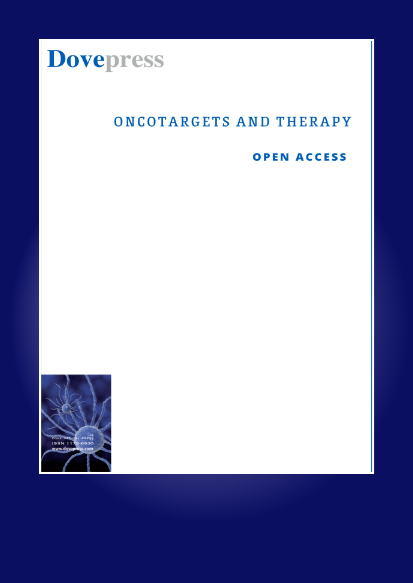Applications of Yttrium-90 (90Y) in Hepatocellular Carcinoma
IF 2.7
4区 医学
Q3 BIOTECHNOLOGY & APPLIED MICROBIOLOGY
引用次数: 0
Abstract
Abstract: Hepatocellular carcinoma (HCC) is the most common primary liver cancer, affecting millions of people worldwide. Due to the lack of systemic radiation therapy in hepatocellular carcinoma, researchers have been investigating the use of yttrium-90 (90Y) radioembolization for local-regional tumor control since the 1960s. With the development of glass and resin 90Y microspheres and the durable local control, good long-term efficacy, and equivalent tumor responsiveness and tolerability of 90Y-selective internal irradiation compared with alternative therapies such as transarterial chemoembolization (TACE) and sorafenib, 90Y radioembolization has gradually been applied in the treatment of hepatocellular carcinoma of all stages. In this article, we summarize the latest progress of 90Y in the treatment of hepatocellular carcinoma in terms of its principle, advantages, indications, contraindications, efficacy and adverse effects.Keywords: yttrium-90, hepatocellular carcinoma, internal radioembolisation
钇-90(90Y)在肝细胞癌中的应用
摘要:肝细胞癌(HCC)是最常见的原发性肝癌,影响着全球数百万人。由于肝细胞癌缺乏全身放射治疗,自 20 世纪 60 年代以来,研究人员一直在研究使用钇-90(90Y)放射栓塞进行局部区域肿瘤控制。随着玻璃和树脂 90Y 微球的开发,以及与经动脉化疗栓塞(TACE)和索拉非尼等替代疗法相比,90Y 选择性内照射具有持久的局部控制、良好的长期疗效、同等的肿瘤反应性和耐受性,90Y 放射栓塞已逐渐应用于各期肝细胞癌的治疗。本文从90Y治疗肝细胞癌的原理、优势、适应症、禁忌症、疗效及不良反应等方面总结了90Y治疗肝细胞癌的最新进展。
本文章由计算机程序翻译,如有差异,请以英文原文为准。
求助全文
约1分钟内获得全文
求助全文
来源期刊

OncoTargets and therapy
BIOTECHNOLOGY & APPLIED MICROBIOLOGY-ONCOLOGY
CiteScore
9.70
自引率
0.00%
发文量
221
审稿时长
1 months
期刊介绍:
OncoTargets and Therapy is an international, peer-reviewed journal focusing on molecular aspects of cancer research, that is, the molecular diagnosis of and targeted molecular or precision therapy for all types of cancer.
The journal is characterized by the rapid reporting of high-quality original research, basic science, reviews and evaluations, expert opinion and commentary that shed novel insight on a cancer or cancer subtype.
Specific topics covered by the journal include:
-Novel therapeutic targets and innovative agents
-Novel therapeutic regimens for improved benefit and/or decreased side effects
-Early stage clinical trials
Further considerations when submitting to OncoTargets and Therapy:
-Studies containing in vivo animal model data will be considered favorably.
-Tissue microarray analyses will not be considered except in cases where they are supported by comprehensive biological studies involving multiple cell lines.
-Biomarker association studies will be considered only when validated by comprehensive in vitro data and analysis of human tissue samples.
-Studies utilizing publicly available data (e.g. GWAS/TCGA/GEO etc.) should add to the body of knowledge about a specific disease or relevant phenotype and must be validated using the authors’ own data through replication in an independent sample set and functional follow-up.
-Bioinformatics studies must be validated using the authors’ own data through replication in an independent sample set and functional follow-up.
-Single nucleotide polymorphism (SNP) studies will not be considered.
 求助内容:
求助内容: 应助结果提醒方式:
应助结果提醒方式:


